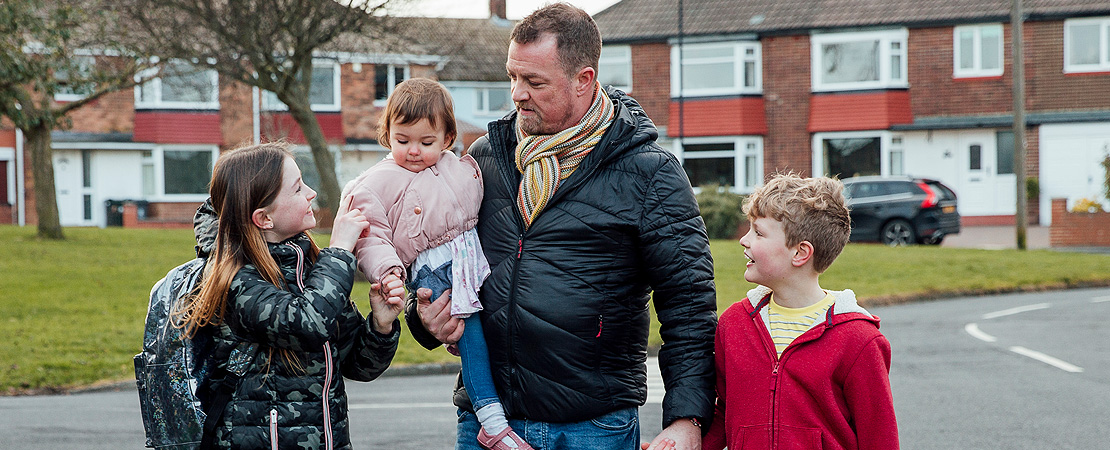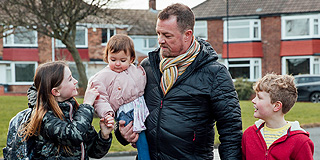Nearly one in five children and young people in the UK are affected by anxiety disorders. In recent discussions with professionals, families and children, SCW Junior Consultant, Lydia Williams and I discussed the merits and issues of early interventions in children's mental health.
The Mental Health Foundation has published statistics that suggest that about half of mental health problems are established by age 14, and three-quarters by age 24.
This issue is becoming increasingly recognised and is why children were our focus in this year’s mental health awareness week. At SCW we talk to many professionals, children and families about services for children in mental health crises. A 'mental health crisis' is when a child and their family are at breaking point and need help urgently.
We heard that:
- Many people don’t know what services are available to help children with their mental health and wellbeing needs
- The sheer amount of information available can be confusing, for both parents and carers and for schools and healthcare professionals alike
- Long waiting times mean that children’s mental health often worsens while they wait for help, increasing the number of crises that happen
This is corroborated by a Children’s Commissioner report published in March 2023, which compared children’s mental health services across the UK. It found that many children and families admitted to hospital for mental health needs felt that they wouldn’t have had to be admitted if they’d been able to get appropriate help when they needed it.
The need for earlier intervention and prevention is clear and the government’s Transforming Children and Young People’s Mental Health Provision Green Paper set out ambitions to address this. One of these ways was through the introduction of Mental Health Support Teams (MHSTs) in schools and colleges, which provide early intervention, advice and liaison with other mental health and wellbeing services.
Early evaluations are encouraging. A report by Barnados found that for every £1 the government spends on MHSTs, there is a £1.90 return. The real benefits will, however, take much longer to be realised.
Reducing referrals to specialist mental health services or even helping children to grow into healthy, resilient adults won’t happen overnight. Now that early intervention and prevention in children’s mental health are beginning to really gain traction, commitment and consistency are needed to ensure these services really make a difference.
For more information about our mental health support services









